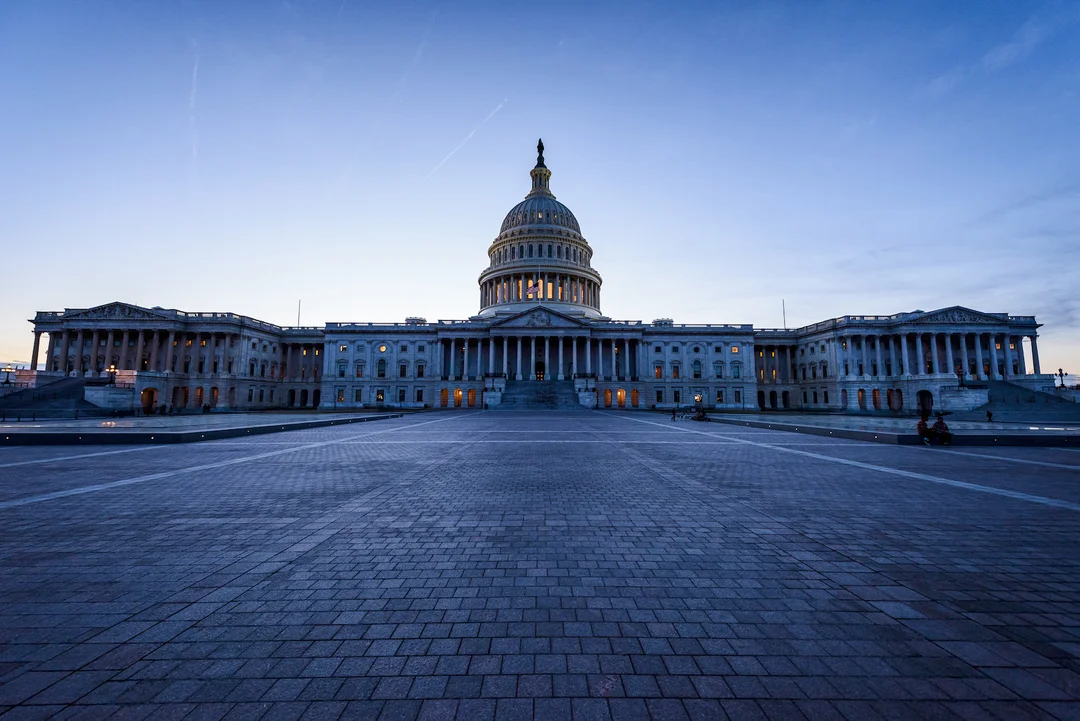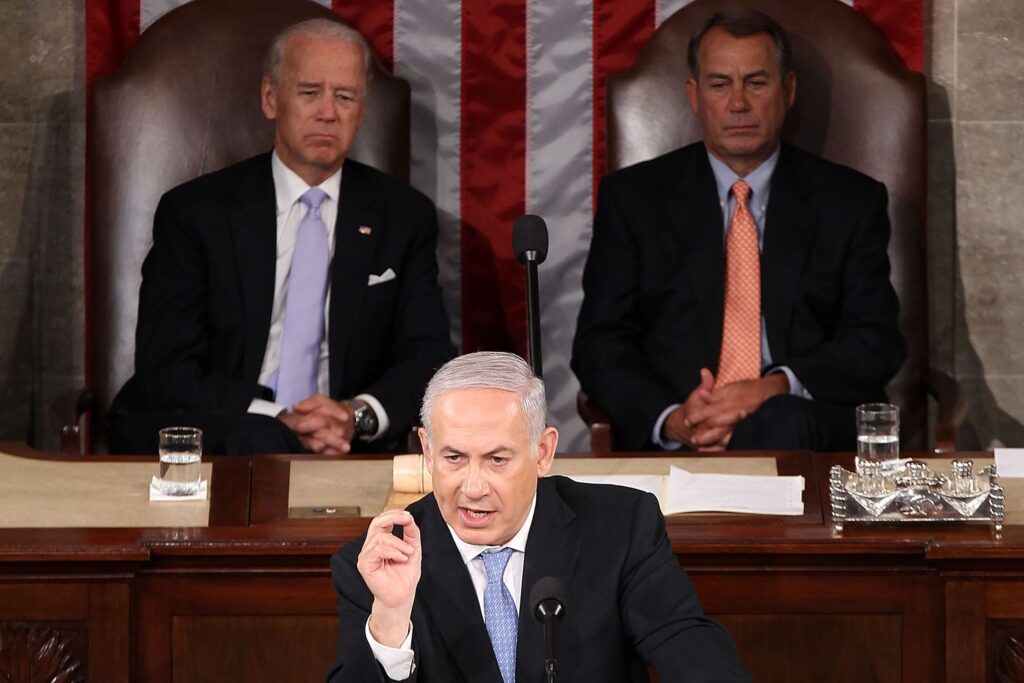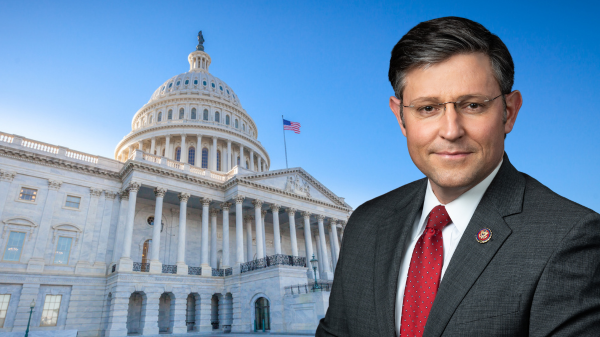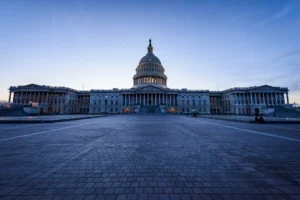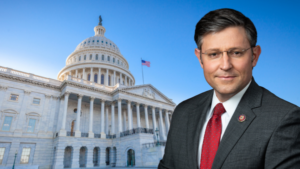In a watershed moment that surpassed Winston Churchill’s record for foreign leader addresses to Congress, Israeli Prime Minister Benjamin Netanyahu’s fourth appearance before U.S. lawmakers proved to be a complex tapestry of political messaging, protest, and policy positions. The speech, delivered amid heightened tensions over the ongoing conflict in Gaza, highlighted deep divisions both within American politics and across the international community.
Inside the Chamber: A Study in Contrasts
The Prime Minister’s reception in Congress presented striking contrasts:
Support and Opposition
- Standing ovation from supporters
- Audible boos from critics
- Notable absences of key Democrats
- Early walkouts by some members
Key Political Acknowledgments
- Praised bipartisan support
- Recognized both Biden and Trump
- Emphasized US-Israel relationship
- Referenced 40-year diplomatic ties
Major Speech Themes
Domestic American Politics
Netanyahu strategically addressed both sides of the aisle:
- Biden Administration
- Acknowledged support post-October 7
- Highlighted longstanding relationship
- Praised response to Hamas attacks
- Trump Recognition
- Thanked for pro-Israel policies
- Mentioned Jerusalem embassy move
- Acknowledged Golan Heights decision
- Expressed concern over assassination attempt
Protest Response and Rhetoric
External Demonstrations
- Thousands gathered outside Capitol
- Police deployed pepper spray
- Multiple confrontations reported
- Widespread media coverage
Netanyahu’s Direct Response
The Prime Minister took an unusually direct approach to protesters:
- Characterized them as “standing with evil”
- Connected protests to Iranian influence
- Dismissed campus demonstrations
- Challenged anti-war positions
Congressional Dynamics
Democratic Division
The speech highlighted splits within the Democratic Party:
- Alexandria Ocasio-Cortez’s absence
- Nancy Pelosi’s non-attendance
- Rashida Tlaib’s protest signs
- Progressive walkouts
Republican Support
Showed continued strong backing:
- Enthusiastic reception
- Standing ovations
- Vocal support
- Leadership endorsements
International Implications
Diplomatic Impact
The speech carried significant international weight:
- Reinforced US-Israel alliance
- Addressed global critics
- Challenged International Criminal Court
- Positioned Israel’s strategic interests
Regional Considerations
Netanyahu addressed broader Middle East dynamics:
- Iran-Israel tensions
- Regional alliances
- Security cooperation
- Future strategic planning
Historic Context
Record-Breaking Appearance
The speech’s historic nature:
- Surpassed Churchill’s record
- Fourth congressional address
- Unprecedented access
- Symbolic significance
Looking Forward
Policy Implications
The speech suggests future directions:
- Continued military operations
- Strong US-Israel cooperation
- Regional security focus
- Domestic political challenges
Strategic Considerations
Key takeaways for future policy:
- Maintaining US support
- Managing international criticism
- Balancing domestic pressures
- Addressing humanitarian concerns
Netanyahu’s fourth congressional address represents more than just a historic milestone; it reflects the complex interplay of domestic politics, international relations, and ongoing conflict. As protests continue and political divisions deepen, the speech may mark a crucial moment in both US-Israel relations and the broader global response to current Middle East tensions.
